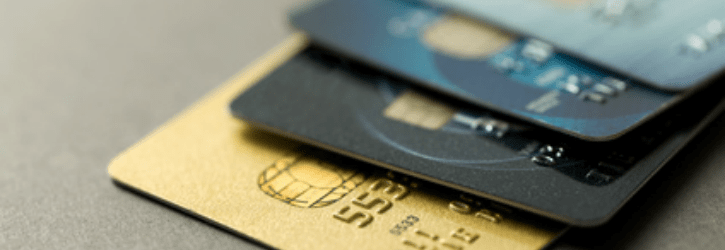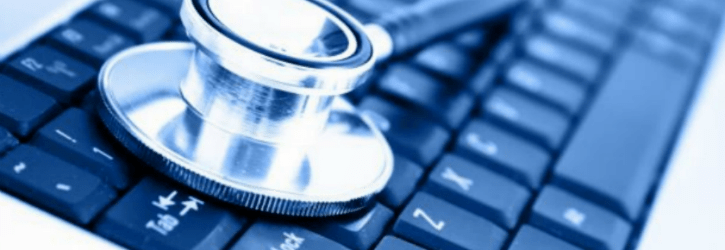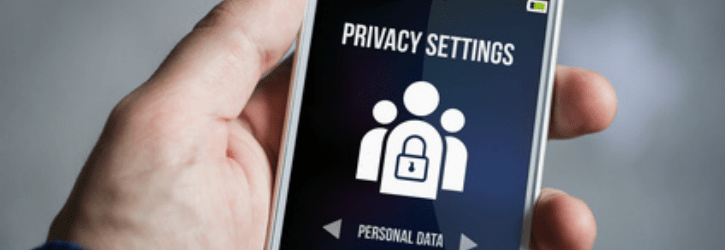
Welcome To The Data Leak Lawyers Blog
We focus on the latest news surrounding data breaches, leaks and hacks plus daily internet security articles.

We focus on the latest news surrounding data breaches, leaks and hacks plus daily internet security articles.

If you have suffered as a result of a GDPR data breach, you could be entitled to claim compensation with us today on a No Win, No Fee basis.
We will briefly outline how this works and explain what you could be entitled to receive in terms of compensation. You could be eligible to receive thousands of pounds in damages, and getting started with a legal case is easy with us.
As a leading firm of data breach and consumer action lawyers in England and Wales, we represent thousands of clients for cases. This includes in over 45 group and multi-party actions for data breach incidents. For you, this means that you have a voice for justice.

Patient records exposed in ransomware attacks can be devastating for the victims which is why the work that we do is so incredibly important for our clients.
Medical data breach compensation claims are one of the most common types of cases that we represent people for. The impact can be substantial and the pay-outs can be high, and we have plenty of years of experience in this complex and niche area of law as a leading firm of data breach lawyers.
With the sector a clear target for criminals, it’s important that the victims can access the justice that they can be entitled to.

We are representing a group of victims who are pursuing British Airways data breach claims with our expert team who are on the Steering Committee responsible for the overall conduct of the litigation.
We are pursuing cases on a No Win, No Fee basis as we prepare the Claimants for meeting the requirements of the big court deadline early next year. Claimants could be entitled to receive up to £6,000.00 or more in estimated pay-outs.
If you have yet to join, we recommend that you get started as soon as you possibly can.

You could be entitled to claim data breach compensation for card skimming events where data is stolen when you input your information into a legitimate website that has been compromised.
As a leading firm of data breach compensation specialists, this is an area of law we have a great deal of expertise in. We represent thousands of clients for group and multi-party actions, as well as for individual legal cases, and many involve skimming events.
You could be entitled to damages if your information has been misused or exposed in this way. Here’s how we may be able to help you.

Stolen healthcare data breach compensation claims can be severe for the victims, and they can be worryingly common because of the nature of the information involved.
A huge proportion of the thousands of individual victims we represent are for medical data breach compensation cases. The risks of these kinds of events happening are real, but victims to have rights. As a leading firm of data breach compensation lawyers, we may be able to represent you for a No Win, No Fee legal case if your information has been misused or exposed.
Read on for more information.

If you have been the victim of data theft or loss, you could be entitled to claim compensation and you could benefit from our No Win, No Fee legal representation.
Despite the GDPR and how much a group action compensation action could amount to, information is being misused and exposed all the time. The GDPR ought to have been a real catalyst for change yet, despite this, we’re still seeing huge numbers of incidents taking place.
The victims of a data breach have rights. Here’s some brief guidance about the rights and how we can help.

Cyber-attacks on UK councils can lead to the victims suffering significant distress as a result of the loss of control of their personal information.
The law can entitle victims to be able to claim data breach compensation for the misuse and/or exposure of private information. With councils and local authority agencies holding so much data about so many people, they’re a clear target for cybercrime. There are also concerns that not enough is being done to protect data as well which we will go into in this article here.
Victims do not have to suffer in silence. We can offer No Win, No Fee representation for eligible clients for legal cases as well.

Coronavirus contact tracing data breaches and general security issues are at the forefront of our minds right now. As a leading firm of data breach lawyers, we are concerned.
There are still a lot of questions over the use of the system that has already faced a great deal of controversy so far. As the UK tries to reduce the risk of coronavirus, how does contact tracing work and is my data safe? Is there any reason to be particularly concerned about how information will be used and stored with the system? Given how personal and sensitive medical data is, how real are the risks?
Unfortunately, recent media reports suggest that information misuse is already an issue. Given how common medical data breach compensation claims are, we are not surprised.

As the higher education sector becomes more and more digitalised, it’s a good time to remind people of their rights when it comes to a university data leak.
As a leading firm of data protection compensation and consumer action lawyers, we represent thousands of clients for cases. This includes for both individual claims and for large group and multi-party actions. We have represented clients for both singular and group cases for university data breaches, so we know the law and we have the experience a victim requires to fight for their rights to justice.
Here’s how we can help.

Healthcare data breaches caused by human error can be common. As a victim of an event like this, where do you stand? Can you claim compensation, and who do you claim from?
As a leading firm of data breach and consumer action lawyers, let us give you an insight in this article.
Medical data breach claims are one of the most common types that we take forward for people, and this applies to many of the thousands of people that we represent. We can offer No Win, No Fee representation for suitable cases, and there is a path to justice even where a data breach is caused by the fault of a person.
EasyJet admits data of nine million hacked
British Airways data breach: How to claim up to £6,000 compensation
Are you owed £5,000 for the Virgin Media data breach?
Virgin Media faces £4.5 BILLION in compensation payouts
BA customers given final deadline to claim compensation for data breach
Shoppers slam Morrisons after loyalty points stolen
Half a million customers can sue BA over huge data breach
Lawyers accuse BA of 'swerving responsibility' for data breach
The biggest data breaches of 2020
Fill out our quick call back form below and we'll contact you when you're ready to talk to us.